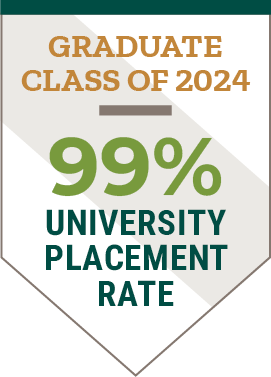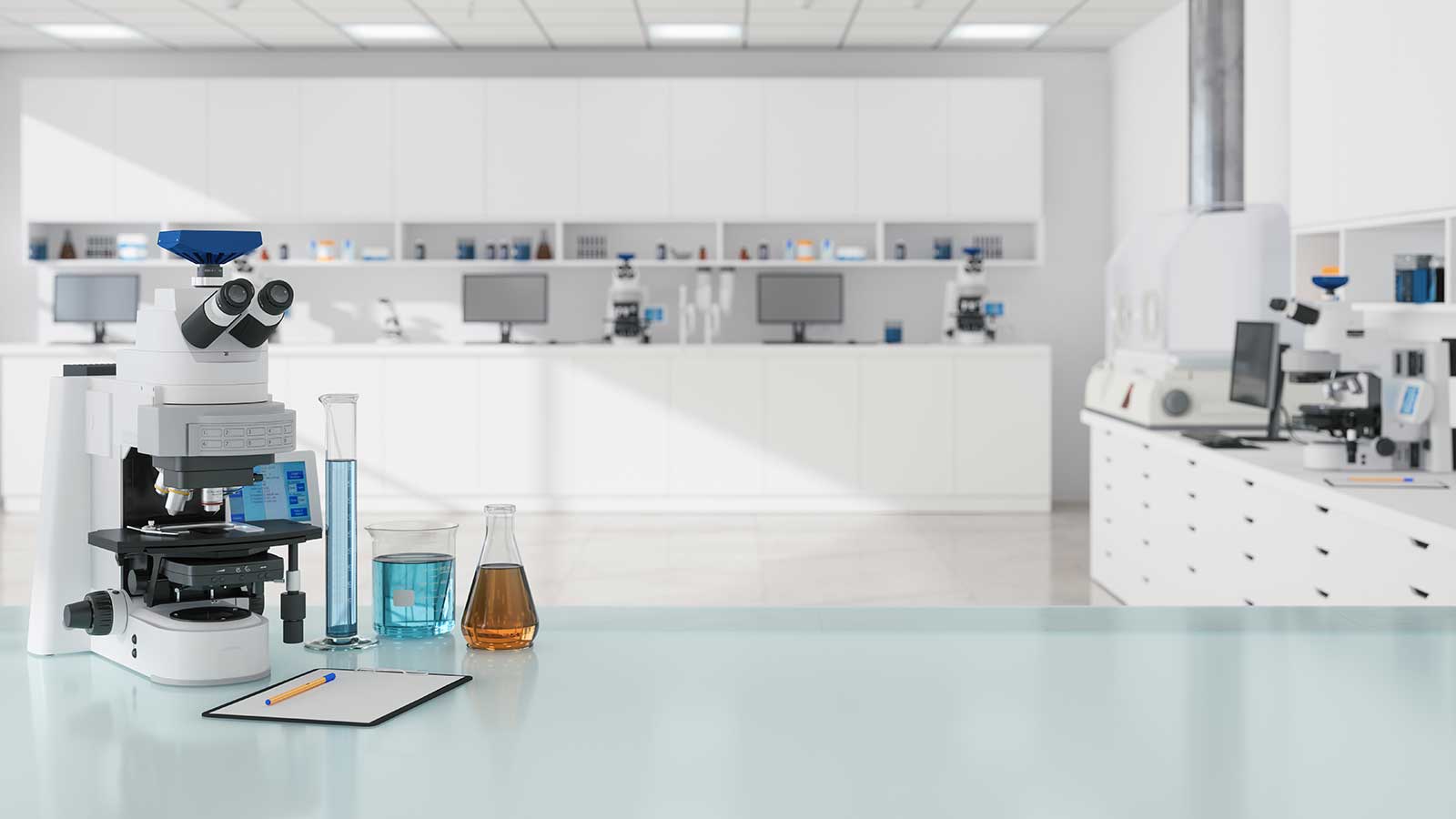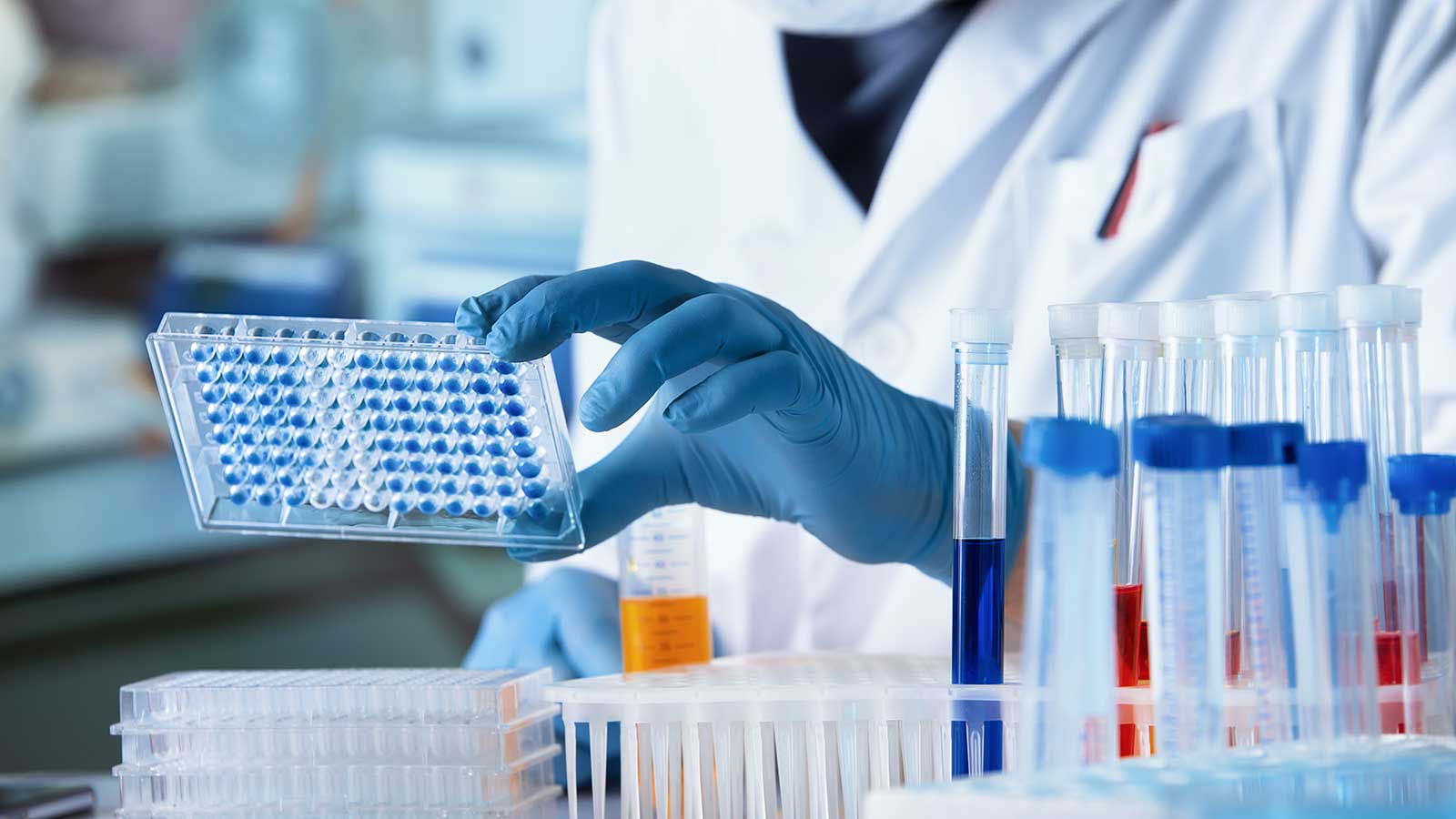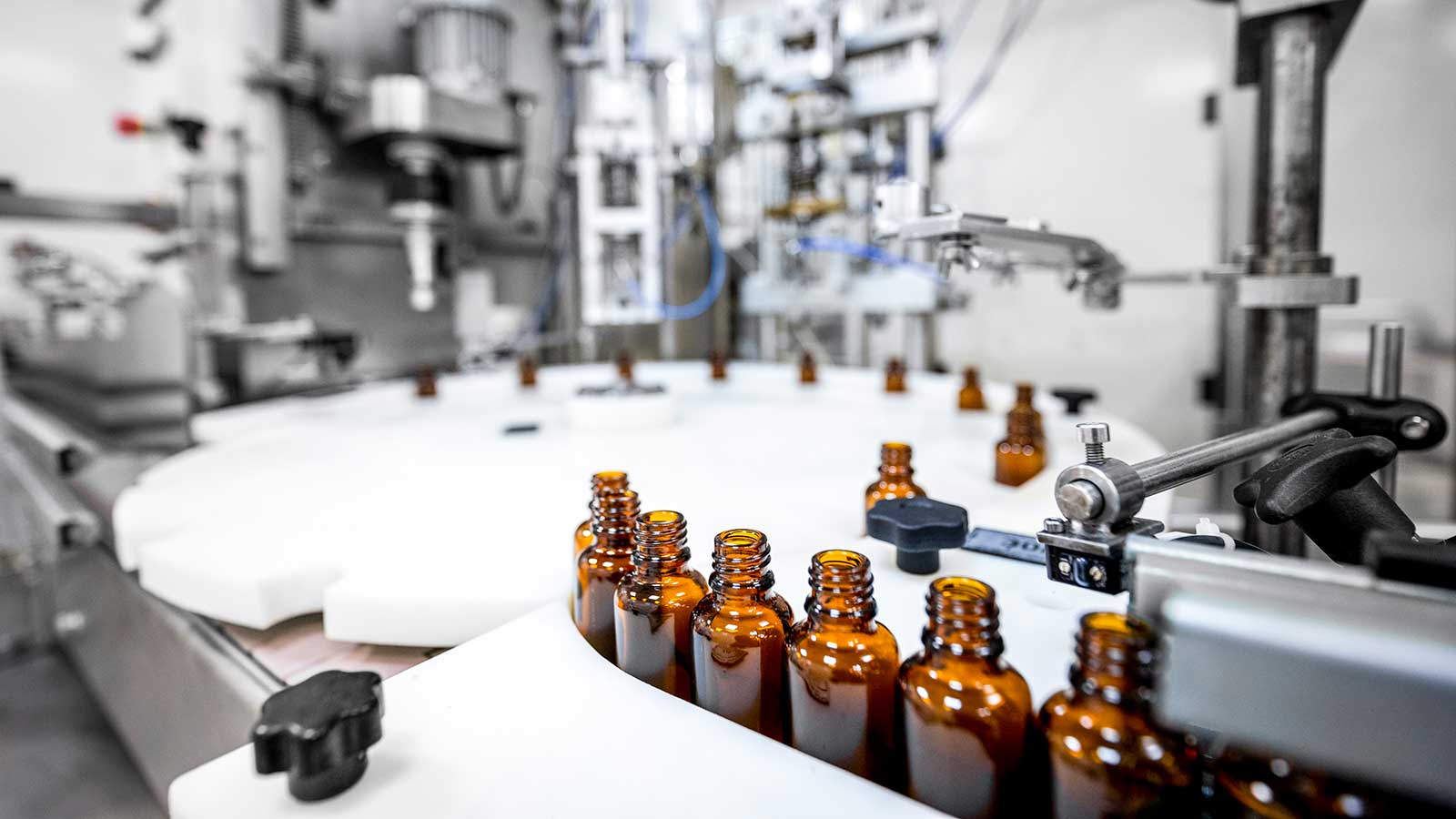
Contribute Solutions to a Better World
Chemistry matters in almost every industry out there. Its study and applications can be so vast that we see its importance in everything from the production of cosmetics to large-scale waste management operations. Professionals who have a strong foundation in the discipline and can use their knowledge to foster innovation, work collaboratively and solve real-world problems are always in demand in the field.
With an MS in Chemistry from Clarkson University, gain the expertise, technical and professional skills needed to advance your career or strengthen your graduate school applications. Here, access opportunities to enhance your skills in laboratory techniques and conduct your own specialized research under the mentorship of our outstanding faculty. When you graduate, you will be ready to tackle complex challenges in the chemical and materials industries.
Why Earn an MS in Chemistry From Clarkson?
As a graduate student at Clarkson University, establish a solid foundation under the mentorship of our faculty and grow as a scientist and professional. The Department of Chemistry and Biochemistry is well-known for innovative research supported by federal grants and private industry. We are especially known for our core expertise in advanced materials, colloidal science, surfaces and interfaces, nanoparticle research, polymer science, biomaterials, bionanotechnology, bioelectronics and biosensors.
During your studies, train in our cutting-edge facilities, and get hands-on experience with state-of-the-art instrumentation, like nuclear magnetic resonance (NMR) spectroscopy, mass spectrometry, gas chromatography-mass spectrometry (GC-MS) and high-performance liquid chromatography (HPLC).
Our focus is interdisciplinary in nature, and we encourage collaboration between students and teams. Because of our extensive connections with the chemical and advanced materials industries, our students find multiple opportunities for career advancement upon graduation.
Curriculum
The MS in Chemistry consists of a minimum of 30 credit hours, 18 of which are specifically in chemistry. The remaining credit hours are divided between master's-level classes, a seminar and a thesis project.
Some of the courses include:
- Advanced Bioanalytical Chemistry
- Biochemistry
- Bioelectronics & Bionanotechnology
- Biomaterials
- Colloids and Surface Science
- Fundamental Chemical Kinetics
- Manufacturing Implications/Advanced Materials
- Medicinal Chemistry
- Modern Spectroscopic Methods
- Nanostructured Materials
- Physical Organic Chemistry



